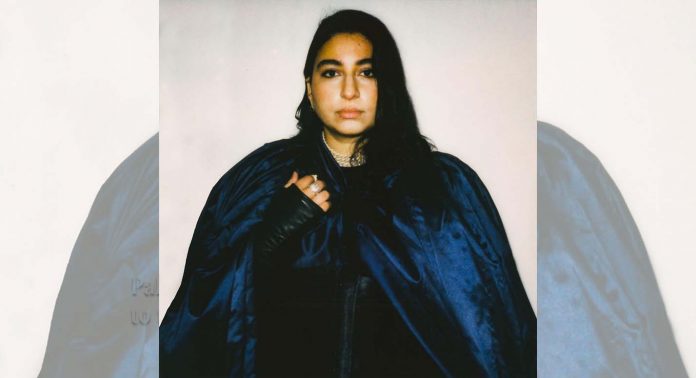Arooj Aftab’s comments about how she doesn’t identify as merely a “Pakistani” or “Urdu” artist triggered a heated discussion online. Aftab, who won a Grammy for her song “Mohabbat” (also performed by Mehdi Hassan), pondered the possibility that musicians of colour will never be able to shake the stereotype that they are defined solely by their race.
“Pakistani singer Arooj Aftab, Urdu singer Arooj Aftab, Arooj Aftab’s amazing Urdu singing… like, it’s fine, I guess?” Aftab tweeted on Saturday. Can’t a musician of colour just be who we are without having our identity tied to what other people think our background is? Can I please just compose some modern music in peace?
The responses to Aftab’s tweet reflected the divergent views people have on the subject. Many of her supporters have expressed sympathy. Understanding that her Pakistani background will colour public perceptions of her no matter how successful she becomes.
They will never see you for anything other than your background. Even if you spend your whole life attempting to smash the glass ceiling by denying your roots and ancestry. Then why not take that label as motivation to accomplish all your goals? A user who wanted her to succeed artistically urged her to be proud of her heritage. Writing that she might draw inspiration from the cultural label.
The critics claimed that Aftab’s decision to cover Urdu ghazals by famous Pakistani artists lent credibility to the stereotypes she sought to dispel.
Someone on the forum doubted her claim. Is that an assumption about where you came from? You’re Pakistani, so it makes sense that you sing in Urdu. They wrote, “If you’re uncomfortable with representation, that’s one thing, but you can’t deny those identity markers.”
Isn’t it true that she became famous for becoming the first Pakistani musician to win a Grammy? Those who had never heard her music nonetheless praised her for it. The label has become a burden for her. querying a user.
A person commented, “Hey bro, this is not cool. Especially because you won a Grammy based on your rendition of Iqbal Bano’s classic.”
Aftab’s tweet offended many, and another user explained why. I really appreciate what you do, but you can’t be too picky about the thing that made you famous. You can’t blame readers for assuming your lack of gratitude is intentional.
Aftab’s success, including her Grammy win, is worthy of praise because it brought international attention to Pakistani music and the Urdu language. Fans believe it’s vital to find a middle ground between valuing similarities and differences between cultures and restricting creative freedom for fear of alienating audiences.
